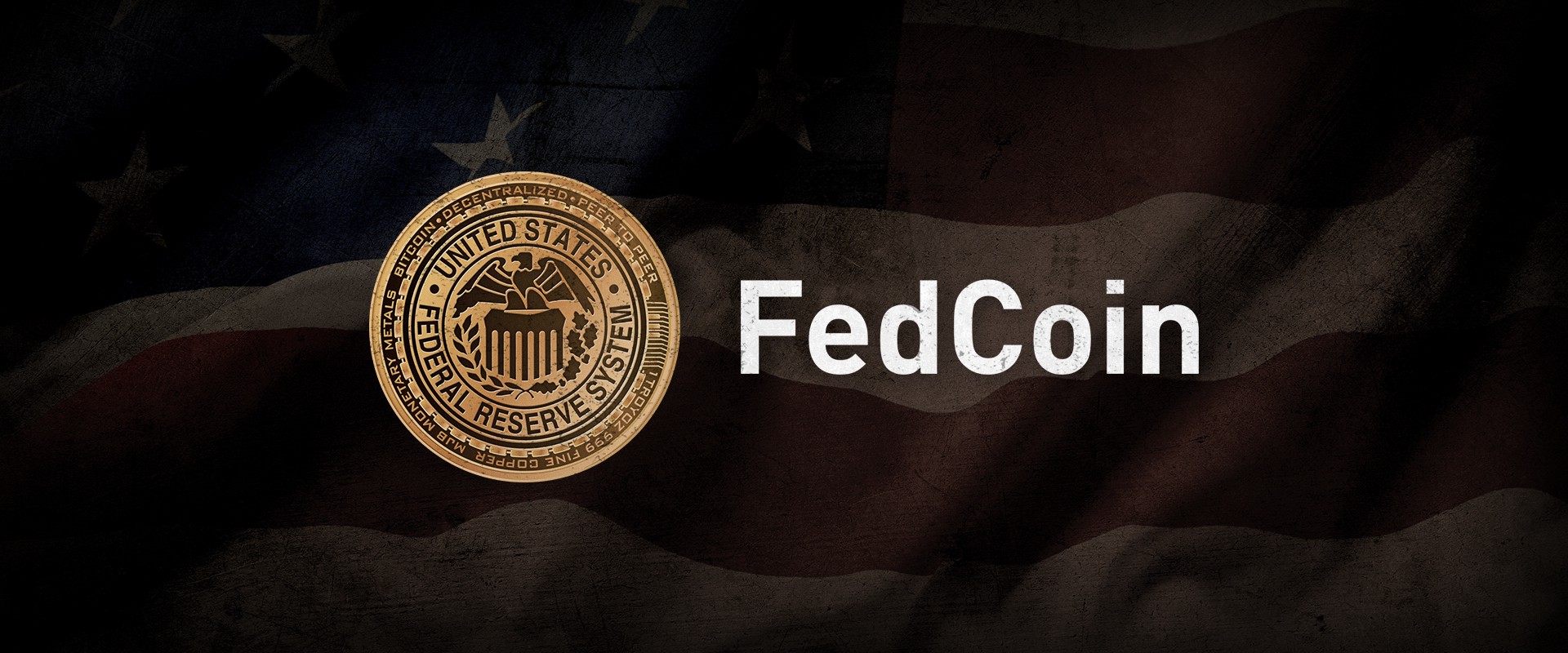Welcome to
On Feet Nation
Members
-
smithmorgan Online
-
jack452 Online
-
DANGERBOY Online
-
Thomas Shaw Online
-
Ashley Lopez Online
-
shabirkhansehta Online
-
Prajakta Online
-
fareed khatri Online
-
Robinjack Online
Blog Posts
Top Content
Derby's Take: Powell Continues A Cautious Approach To ...
PALO ALTO, Calif. (Reuters) - The Federal Reserve is looking at a broad variety of issues around digital payments and currencies, consisting of policy, style and legal factors to consider around possibly issuing its own digital currency, Governor Lael Brainard said on Wednesday. Brainard's remarks suggest more openness to the possibility of a Fed-issued digital coin than in the past." By transforming payments, digitalization has the potential to deliver greater value and benefit at lower cost," Brainard stated at a conference on payments at the Stanford Graduate School of Company.
Reserve banks globally are discussing how to manage digital finance innovation and the distributed journal systems utilized by bitcoin, which guarantees near-instantaneous payment at potentially low expense. The Fed is establishing its own round-the-clock real-time payments and settlement service and is currently evaluating 200 comment letters sent late in 2015 about the suggested service's design and scope, Brainard said.
Less than 2 years ago Brainard told a conference in San Francisco that there is "no compelling demonstrated requirement" for such a coin. However that was before the scope of Facebook's digital currency ambitions were commonly known. Fed officials, consisting of Brainard, have raised concerns about consumer defenses and data and personal privacy dangers that could be presented by a currency that might enter into use by the third of the world's population that have Facebook accounts.
" We are collaborating with other reserve banks as we advance our understanding of main bank digital currencies," she stated. With more nations checking out providing their own digital currencies, Brainard said, that contributes to "a set of factors to likewise be making sure that we are that frontier of both research study and policy development." In the United States, Brainard stated, issues that need research study consist of whether a digital currency would make the payments system safer or simpler, and whether it might present financial stability risks, consisting of the possibility of bank runs if cash can be turned "with a single swipe" into the central bank's digital currency.
To counter the financial damage from America's unprecedented nationwide lockdown, the Federal Reserve has actually taken unmatched steps, including flooding the economy with dollars and investing directly in the economy. Many of these relocations got grudging approval even from many Fed doubters, as they saw this stimulus as required and something just the Fed might do.
My new CEI report, "Government-Run Payment Systems Are Risky at Any Speed: The Case Versus Fedcoin and FedNow," details the risks of the Fed's current strategies for its FedNow real-time payment system, and propositions for main bank-issued cryptocurrency that have actually been dubbed Fedcoin or the "digital dollar." In my report, I go over issues about personal privacy, data security, currency control, and crowding out private-sector competitors and innovation.
Proponents of FedNow and Fedcoin say the federal government should develop a system for payments to deposit quickly, instead of encourage such systems in the private sector by lifting regulative barriers. But as kept in mind in the paper, the economic sector is offering a relatively endless supply of payment technologies and digital currencies to resolve the problemto the extent it is a problemof the time space in between when a payment is sent and when it is gotten in a bank account.

And the examples of private-sector innovation in this area are lots of. The us fed coin Clearing Home, a bank-held cooperative that has been routing interbank payments in numerous types for more than 150 years, has actually been clearing real-time payments since 2017. By the end of 2018 it was covering 50 Go to this website percent of the deposit base in the U.S.
© 2024 Created by PH the vintage.
Powered by
![]()
You need to be a member of On Feet Nation to add comments!
Join On Feet Nation